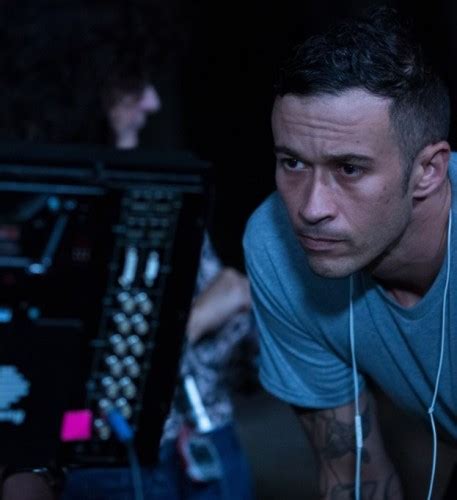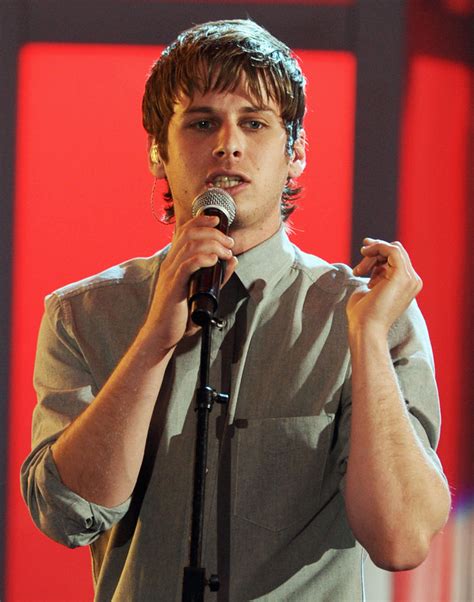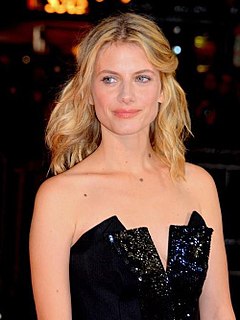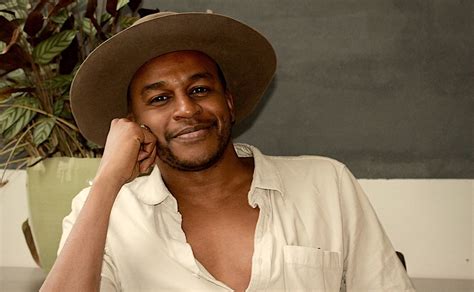A Quote by Al Pacino
I never saw myself as a director. It's certainly a second language but making movies for 40 years, you pick stuff up. However, this style of making movies, this documentary style, is easier for me because I gather a lot of material and with an editor, write it on screen. You try to write based on what you shot.
Related Quotes
Bob Wallace was my editor at Rolling Stone when I first started writing there, and he's a wonderful editor. I was in the Philippines during the Marcos overthrow, and I was up on what was called Smokey Mountain. I think it's gone now, but it was a garbage dump with a bunch of people living on it. I was talking to Bob on the phone, and I told him, "I'm a humorist. I can't write about this." And Bob told me to let my style be dictated by the subject, to take what I saw and write about it in the tone that it requires.
Pretty early on in making the first movie I realized that this is what I wanted to do. I felt like by that time I just found my niche, like this is what I was supposed to be doing. So I completely submerged myself into the world of watching movies, making my own movies, buying video cameras and lights. When I wasn't making a movie, I was making my own movies. When I wasn't making movies, I was watching movies. I was going back and studying film and looking back at guys that were perceived as great guys that I can identify with. It just became my life.
I certainly think that - especially with the challenges of making movies now, where you're making them in 20 or 30 days - the more experiences that you can get on those kinds of movies, where you have to use a lot of your problem-solving skills that maybe you wouldn't get on a film that takes three months, that, to me, has just been amazing.
You can ask yourself, if a film makes a claim, is the claim true or false? Having said that, a style of presenting material doesn't guarantee truth. There's this crazy idea that somehow you pick a style, and by virtue of picking the style, you've provided something that is more truthful. It's as if you imagine that changing the font on a sentence you write makes it more truthful.
I said it before and I’ll say it again: books are dead, plays are dead, poems are dead: there’s only movies. Music is still okay, because music is sound track. Ten, fifteen years ago, every arts student wanted to be a novelist or a playwright. I’d be amazed if you could find a single one now with such a dead-end ambition. They all want to make movies. Not write movies. You don’t write movies. You make movies.
The whole thing is this: If you don't use just basic grammar, if you don't get the language down, you're not going to have access to a tool that people use as a weapon against you. The only reason I was never taught to read and write was because it was easier for them to lead me. But the second I learned to read and write, I began to lead myself.
I find it very difficult not to write in any sort of Sudanese style. With Sudanese music, there are very specific things that happen with the syncopation of the drums, melodies and stuff. And whenever I write, that's always the first thing that comes out, because I grew up listening to it. It's a part of me, so I try to bring that out in the music. I think that you have to be honest with what you do, and that's the most honest thing that I can do, is to write that way.
When you say documentary, you have to have a sophisticated ear to receive that word. It should be documentary style, because documentary is police photography of a scene and a murder ... that's a real document. You see, art is really useless, and a document has use. And therefore, art is never a document, but it can adopt that style. I do it. I'm called a documentary photographer. But that presupposes a quite subtle knowledge of this distinction.




































